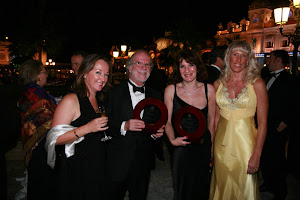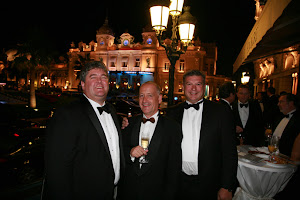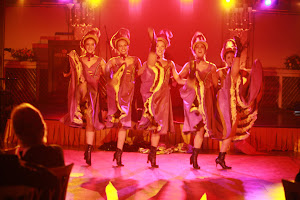
John Tredennick a Denver, Colorado, US based tech entrepreneur spent twenty years of his working life as a trial lawyer at Holland & Hart.
Doing a UK visit at the moment, he is keen to look at Europe because his current clients, who are corporates involved with mergers and acquisitions performing extensive due diligence, are increasingly asking for an EU data centre, as their business sprawls across the world. This is something that will resonate with most UK law firms, who tell any US lit’ vendor who steps on UK shores “we need data held here, not in the USA.”
John, who founded the business in 2000, is seeing a marked increase in due-diligence-style search requests from corporates who are keen to understand any liabilities, particularly environmental, in an age where this is of increasing concern to governments and the public and legally he says “could end up ripping a company apart.” He is also getting frequent requests for merger and acquisition, due diligence reports and ‘second request’ reviews which allow the US government to do a deeper drill down should a ‘first request’ not satisfy them.
But his order books weren’t always so bountiful. Receiving backing to the tune of $1million in 2000 and with a staff of six, his board asked for a review of the company and the future of search from experts. The feedback was terrifying. “Shut it down, there is no money in that business.” John says it was a pretty difficult time. “Search wasn’t a big deal then. I had $200,000 left in the bank, wages to pay and the future looked pretty bleak.” Fortunately his backers weren’t pushing for closure, so he knuckled down and time brought some big contracts to the company, but he says with a shrug of his shoulders and a frank smile. “I can’t say I knew it was definitely going to happen.”
Now an author of note with books, magazines and articles under his belt, John says Catalyst has picked up fifty sites with ease following their partnership with Fast who offer hosted, search software which he says uses multiple servers for searches with anything up to five hundred terms. He tells us why they are better than others. “Old search engines were built in the seventies, then in ‘98 Google landed with new architecture. Fast, who are Norwegian, were born ten years ago and similarly built their business with new ideas and architecture.” He adds an example of their power. “The Library of Congress had five exabytes in 2004 but Fast scanned ten exabytes that year alone.”
John, who is a great story teller, says Catalyst has fifty staff in Denver and eighteen in Bangalore who he confirms have a strong bond with the US office. He thinks the edge his company has over others is the speed and language capability which spans eighty different types. “We’re getting more and more foreign documents to review, including Korean recently which meant reviewing character styles.” He says. “In the past vendors used to grab a dictionary, scan the lot, then work from there and most software can still only do one language search each time and can’t recognise differences in character spacing. We can do twenty queries a second compared to twenty minutes with one search elsewhere. Fast do bigger stuff than Google: they handle 32G compared to 1G worth of data.” He adds that Autonomy is the closest rival but thinks Fast are better for straight, rather than conceptual search.
As Catalyst have come to the UK with a solid business stream from US companies expanding onto European shores, battling increasing US regulatory burdens and ongoing data rises, it looks as though John and his near seventy strong international team, can now sit back with some satisfaction, benefiting from being one of the few who strike gold in the multi language, high speed “search gold rush.”
www.catalystsecure.com





No comments:
Post a Comment